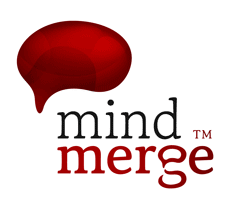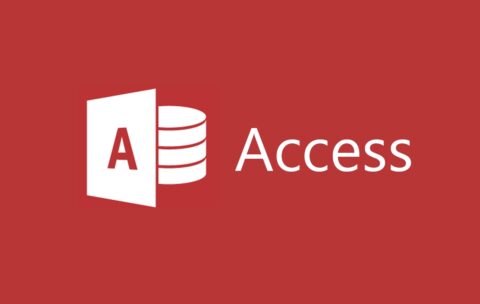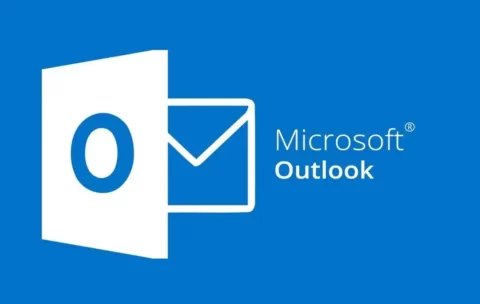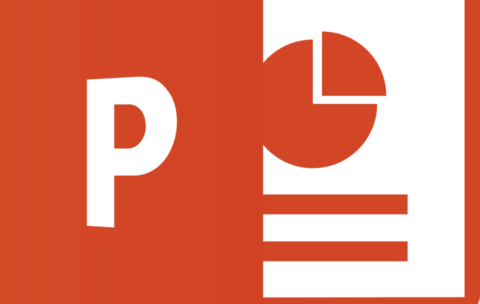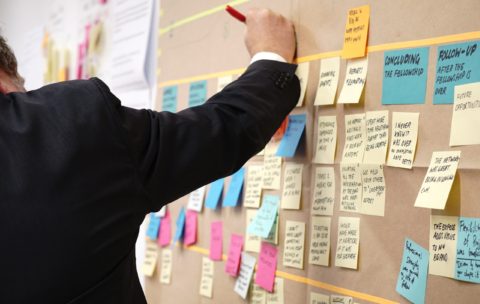Access Essentials
What you'll learn
Create and modify databases
Manage relationships and keys
Navigate through a database
Protect and maintain databases
Print and export data
Create and manage tables
Manage records in tables
Create and modify fields
Create a query
Excel Essentials
What you'll learn
Create worksheets and workbooks
Navigate in worksheets and workbooks
Format worksheets and workbooks
Change views and configurations
Print and distribute worksheets and workbooks
Manage data cells and ranges
Create tables, charts and objects
Perform operations with formulas and functions
Excel Expert
What you'll learn
Save a workbook as a template, with colors, fonts, cell styles and themes
Reference data using structured references or data in another workbook
Protect a workbook from further editing
Prepare a workbook for internationalization
Apply custom data formats and validation
Apply advanced conditional formatting and filtering
Use form controls
Work with macros
Outlook Essentials
What you'll learn
Connect one or more email accounts
Preview, read, reply to and forward messages
Process, create, format and check messages
Use advanced message options
Organize messages
Use signatures and stationary
Automate replies and organization
Clean up and archive messages
Create, organize and manage calendars, appointments, meetings and events
Create and manage notes and tasks
Create and manage contacts and contact groups
Customize the Outlook environment settings
Print and save Information
Perform search operations in Outlook
PowerPoint Essentials
What you'll learn
Create Presentations from scratch or templates
Insert and format slides, handouts and notes
Change Presentation views and configurations
Insert and work with text, pictures, audio and video
Work with tables, charts, and SmartArt
Use transitions and animations
Prepare for a presentation, including the slide size, narration, and timing
Manage multiple presentations
Word Expert
What you'll learn
Control Pagination
Work with styles
Perform advanced editing and formatting
Create and manage indexes
Create and manage references
Manage forms and fields
Create mail merge and labels
Create and modify building blocks and content controls
Work with Macros
Create custom style sets, themes and templates
Prepare a document for internationalization and accessibility
Work with templates
Use version control
Manage document reviews and changes
Word Essentials
What you'll learn
Create and manage documents
Format text, paragraphs, and sections
Create tables and lists
Create and manage references
Insert and format graphic elements
Team Building Training
What you'll learn
Application of logical inquiry to issues.
understand the stages of team formation.
Gain hands-on experience in building, participating on, and leading teams in diverse contexts.
Understand how team leadership resides in action rather than position.
Learn about your own leadership style and its impact on team performance.
Build a network of fellow leaders for sharing challenges, insights and perspectives. learn to manage strong individual players within a team and draw out the best from everyone.
Team Building
What you'll learn
Application of logical inquiry to issues.
understand the stages of team formation.
Gain hands-on experience in building, participating on, and leading teams in diverse contexts.
Understand how team leadership resides in action rather than position.
Learn about your own leadership style and its impact on team performance.
Build a network of fellow leaders for sharing challenges, insights and perspectives. learn to manage strong individual players within a team and draw out the best from everyone.
How to Write Business Emails
What you'll learn
Write clear and well-structured professional email.
Save time through communicating appropriately from the outset.
Create a positive impact with customers, suppliers and colleagues.
Avoid frustrating others with email overload.
Write with impact and capture the reader's attention.
IFRS Training
What you'll learn
Explain how the recognition and measurement principles of the IASB's framework apply within the key accounting standards.
Apply the requirements of the standards to prepare IFRS-compliant financial statements
Identify an appropriate accounting policy for a given accounting issue and suggest necessary disclosures
List the major standards that require or permit the use of fair value measurement, identify how fair value is measured and specify where the fair value changes are recognized
Assess the impact of major new standards on revenue, leases and financial instruments
Risk and information Systems Control (CRISC)
What you'll learn
Identify the IT risk management strategy in support of business objectives and alignment with the Enterprise Risk Management (ERM) Strategy.
Analyze and evaluate IT risk to determine the likelihood and impact on business objectives to enable risk-based decision making.
Determine risk response options and evaluate their efficiency and effectiveness to manage risk in alignment with business objectives.
Continuously monitor and report on IT risk and controls to relevant stakeholders to ensure the continued efficiency and effectiveness of the IT risk management strategy and its alignment with business objectives.
Competency Management Course
What you'll learn
Define competencies, describe their history and explain the important role they play in human resources and the organization.
Analyze the main components of a competency and the differences between each.
Design and produce a competency framework and model by extracting competencies from business plans.
Apply competencies in the recruitment and selection processes.
Use competencies to assess training needs, identify talent pools and produce succession plans.
Utilize competencies and behavioral indicators in performance appraisal systems.
Fire Fighting Training – Level 1
What you'll learn
Define what is an emergency.
Define responsibilities of fire-fighting team members.
Understand controls put in place to minimize the risk and collateral from a fire.
Identify effective communication techniques to be used in an emergency.
Identify various types of communication used by people.
Understand what is a fire.
Identify common classes of Fires and types.
Select the proper type of extinguisher.
Apply the extinguishing agent correctly.
Use and operation of fire hose and associated equipment.
Know what do if you find a fire.
Understand the three main phases of a fire.
Understand the major hazards from a fire.
Understand various rescue techniques used by fire fighters and rescue teams.
Best Practices in Food Housekeeping
What you'll learn
Learn the causes and prevention of foodborne illness
HACCP plans and active managerial control.
Responding to food emergencies and foodborne illness outbreaks.
Legal aspects of food safety.
Identify the biological, chemical and physical hazards in the food offered to consumers in a food system.
Determine which hazards are significant risks.
Determine, write and validate adequate controls for those hazards.
Write a food Safety Management Plan that provides an appropriate level of protection for customers.
Train and supervise employees to perform controls that strive for zero customer illness or injury during the life of the business.
